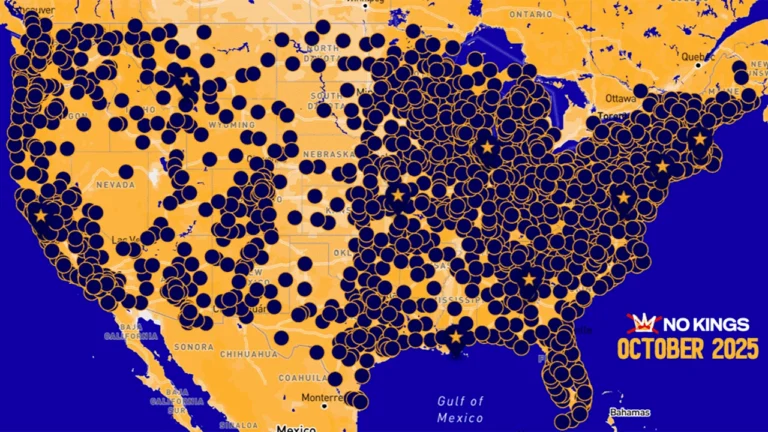
Meta is rolling out a new Facebook feature that the company says will help users share more photos—but which could also be used to help train its AI.
The opt-in feature allows Facebook’s AI to access your phone’s camera roll in order to find photos it finds “shareworthy,” and to suggest edits using its AI tools. Users can then decide if they want to share the images or not.
“With your permission and the help of AI, our new feature enables Facebook to automatically surface hidden gems – those memorable moments that get lost among screenshots, receipts, and random snaps – and edit them to save or share,” Meta said in its announcement explaining the new feature on Friday. The platform will also suggest “fun edits” for users to share.
The new feature has been rolled out in the US and Canada, and Meta aims to roll it out in additional countries soon.
What are users opting into?
Meta’s latest feature announcement says that for users who opt in, the feature makes photo sharing suggestions that “are private to you,” and that nothing will be shared unless you agree. Meta also said Facebook won’t “use media from your camera roll to improve AI at Meta”—unless you use its AI to edit or upload the photos.
Fast Company reached out to Meta for comment but did not hear back by the time of publication.
Meta already gathers Facebook user data to train its AI. In a 2023 announcement, Meta said it could use any user data shared on Facebook or Instagram to train its AI.
“Generative AI models take a large amount of data to effectively train, so a combination of sources are used for training, including information that’s publicly available online, licensed data and information from Meta’s products and services,” the company said at the time. “Publicly shared posts from Instagram and Facebook – including photos and text – were part of the data used to train the generative AI models underlying the features.”
Meta’s terms also state that “your interactions with AI features can be used to train AI models. Examples include messages to AI chats, questions you ask and images you ask Meta AI to imagine for you.”
This is also not the first time Meta has asked users permission to look at their camera rolls. In June, Facebook began asking users for access to their phone’s camera roll to automatically suggest AI-edited versions of their photos, including images they had not posted for public viewing. Users who wanted to use the feature were prompted to opt-in to “cloud processing,” allowing Facebook access to their camera roll, as well as opting in to Meta’s Terms of Service, which includes agreeing to allow its AI to “retain and use that information to provide more personalized Outputs.” At the time, Meta told The Verge that it was not currently using those photos to train its AI models.
Fast Company has previously written about how hard Meta has made it for Instagram users to opt out of AI training. Users who want to opt out have to answer a series of questions and explain why they don’t want the app to use their data. Requests are then subject to a review process, which suggests the company can decide whether to honor the request. Meta noted in its Friday announcement that users can manage or disable the new AI photo feature at any time in Facebook’s camera roll settings.





